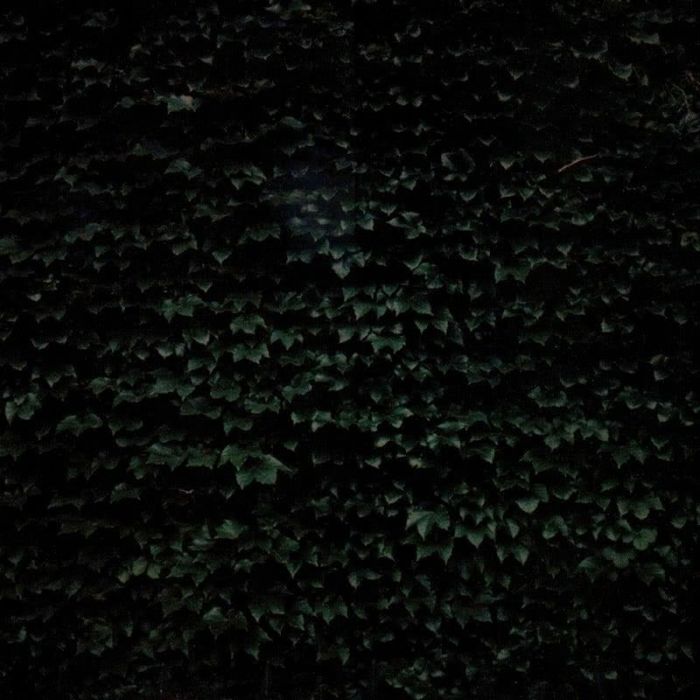The Order of Things by Tarentel (Review)

Tarentel got their start simply enough; simple guitar melodies, a strong beat, and that sheer stroke of genius, a keyboard with the right notes taped down. It’s nice to see they haven’t deviated too far from their roots. But all joking aside, The Order of Things is proof that great things can come from such a simple setup. But it’s also a fine example of the pitfalls of such an approach.
The first half of The Order of Things is simply excellent, and amazingly modest in approach. Tarentel’s approach is simple structures can beget complex, beautiful results. Such an approach is certainly not new; bands like Low and Labradford have done it for years. But that doesn’t diminish the richness and substance of songs like “Adonai” and “Popol Vuh.”
Everything that happens in “Adonai” occurs around a simple guitar melody. But as the song progresses, that melody gradually takes on a sense of vastness and distance. Eventually, other melodies chime in, creating a crystalline web of notes. Slowly, horns, organs, and strings begin to fill in the missing pieces, filtering through where the interlocking guitars leave space to do so. The whole song seems to breathe and glow, developing awareness and life with each passing repetition. And each time it seems like the song reaches its climax, like all of the missing pieces are in place, something else is revealed and explored.
“Popol Vuh” takes the same approach as “Adonai,” but with additional weight and rhythm. The song opens with lush synth-strings, and an acoustic guitar takes up a plucked melody that feels related somehow to “Adonai“ ‘s. Drums make their only appearance here, providing a solid beat, and working with the prominent bassline to propel the song towards its final destination. Like “Adonai,” “Popol Vuh” never feels complete, but always changing and evolving, in spite of the relative minimalism of its individual elements. At times, it evokes shades of Jah Wobble’s pan-cultural “Heaven And Earth,” minus all of the jazz noodling. It makes for the album’s finest moment, and it’s a shame it comes so early on the album.
“Popol Vuh” may be the album’s finest moment, but “Ghosty Head” might be the most haunting. The group is joined by Windy Allen, who contributes a sparse piano melody and her ghostly vocals. Much of what happens over the song’s 12-minute length occurs in the background, as odd factory rumblings, distant field recordings, and the cutup, distorted echoes of Allen’s own voice come back to haunt throughout. Given the song’s length, and its relatively experimental nature, it’s impressive how compelling and interesting it is. Like Lucid’s odd little odes, it’s both eerily comforting and creeping, especially as Allen duets with the spectral fragments of her voice.
It’s an impressive first half, but the album lags by track 5. Compared to the depth of sound on “Adonai,” the droning of “Death in the Mind of the Living” feels incredibly simplistic. After 8 minutes or so of this, the album take a more interesting turn, with a stark string arrangement fading in before the drones take on a darker, more dominant tone.
“Pneuma” opens with the same sort of ominous, thundering sounds one would expect from Lustmord or Caul. It’s hard not to resist the urge to scan forward until something more interesting happens. Eventually it does, when “Blessed|Cursed” adds a sparse beat, along with squiggly electronics and more distant vocals.
It finally does, with a soft organ and more sparse guitars takes the place of the darker sounds, but little of the magic that permeated “Adonai” or “Popol Vuh” is there. It almost seems like wading through all of those dark drones (which seem obligatory, given this came out on Neurot Recordings) leaves the song exhausted and unable to gather up steam for the final denouement. In this case, the album’s simplicity is its Achilles’ Heel, preventing it from developing any more than it does.
It’s at these times that you wish Tarentel had removed the tape from their keyboard and tried a different approach. I have a feeling the results would be an album that’s challenging and lovely throughout its entire length, rather than one that opens with beautiful flourish but ends on a mediocre note.